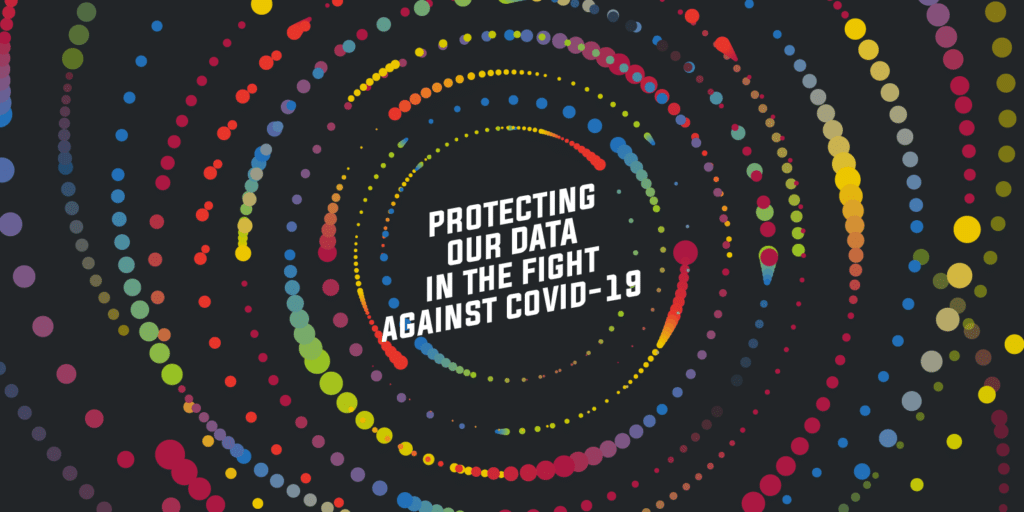Today, Access Now joined 82 public interest and civil rights organizations in calling on the leadership of the U.S. Senate Commerce, Science, and Transportation Committee and the U.S. House Energy and Commerce Committee to ensure COVID-19 response technology, if deployed, abides by a number of principles to protect civil rights and privacy.
Both the health and economic effects of COVID-19 disproportionately impact people from historically disadvantaged communities, particularly Native Americans and Black Americans. As a consequence of historical systemic discrimination and related policy choices, people of color today are more likely to be essential workers without paid sick leave, more likely to live in densely populated areas or living quarters, less likely to have health insurance or access to healthcare, and more likely to suffer from inequities in the healthcare system, resulting in a disproportionate impact of the disease on these communities.
While no COVID-19 response technology has been proven trustworthy and effective for combating the pandemic in the U.S., the letter argues that any such technology should be non-discriminatory, effective, voluntary, secure, accountable, and used exclusively for public health purposes. COVID-19 response technology that implements these principles will better protect at-risk communities’ civil rights.
“The ongoing protests in the United States and around the world in support of Black Lives Matter and racial justice further underscore the need to ensure Black people and other historically disadvantaged communities are not surveilled under the guise of pandemic response,” said Jennifer Brody, Legislative Manager at Access Now. “Tools to combat COVID-19 must not amplify and perpetuate entrenched systems of inequality and racism.”
The letter also highlights that digital tools should be implemented only to augment, not replace, traditional manual contact tracing. Moreover, neither manual tracing nor digital tools will be effective without widely available COVID-19 testing, supported isolation, partnerships with vulnerable communities, and other supportive public health measures, such as equitable access to healthcare.
While it is encouraging to see innovative ideas to address the pandemic, the letter argues that we must also be mindful of the risks of overreach and unintended consequences, especially to marginalized communities already suffering disproportionately from the virus and economic hardships.
